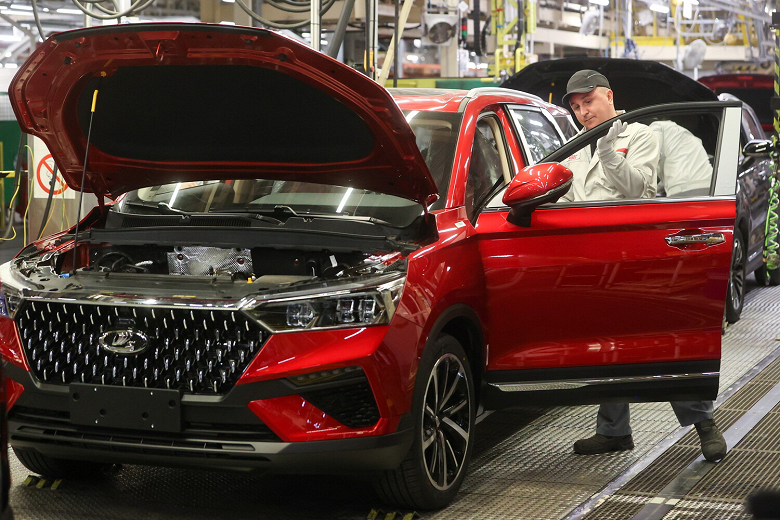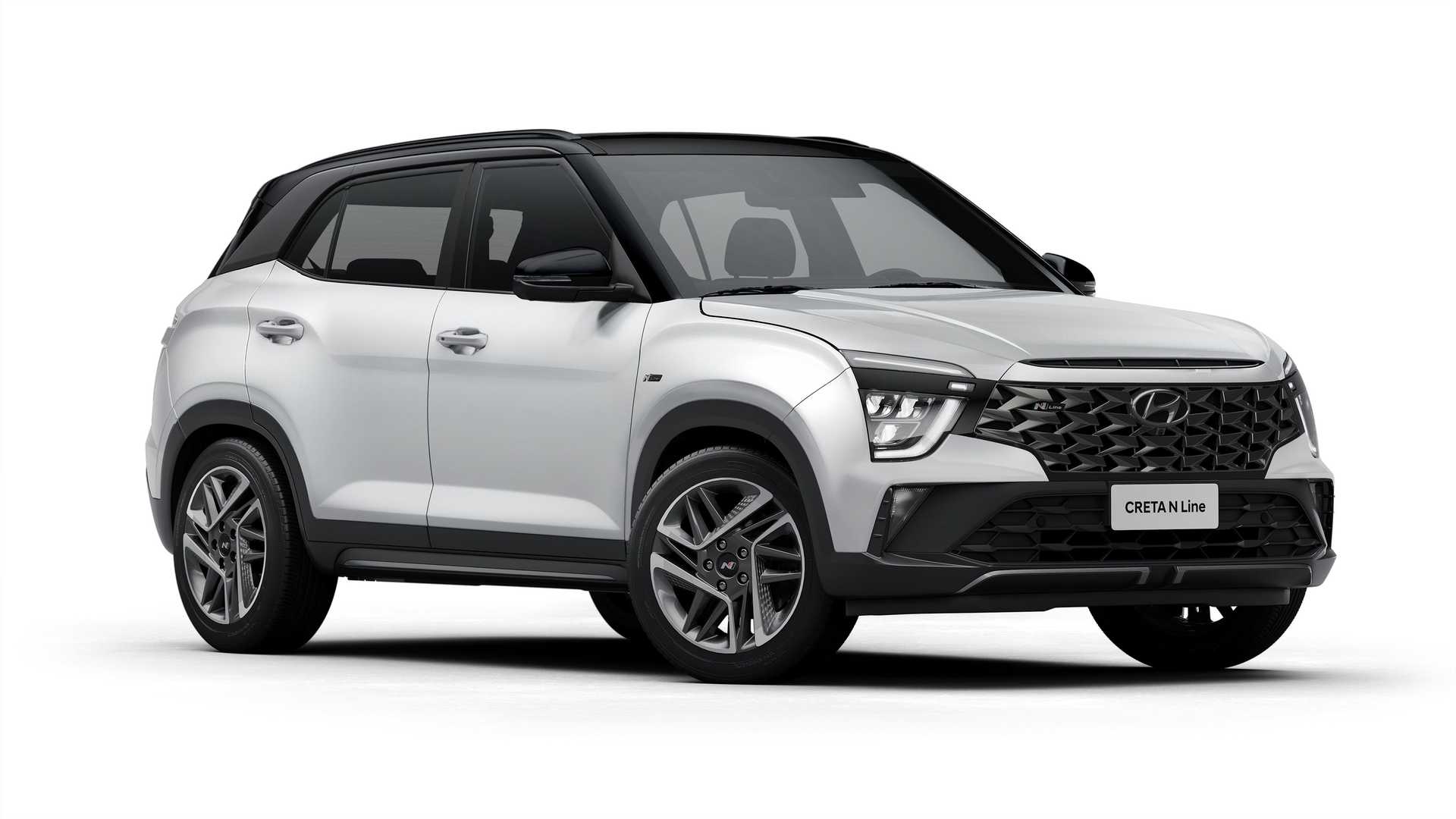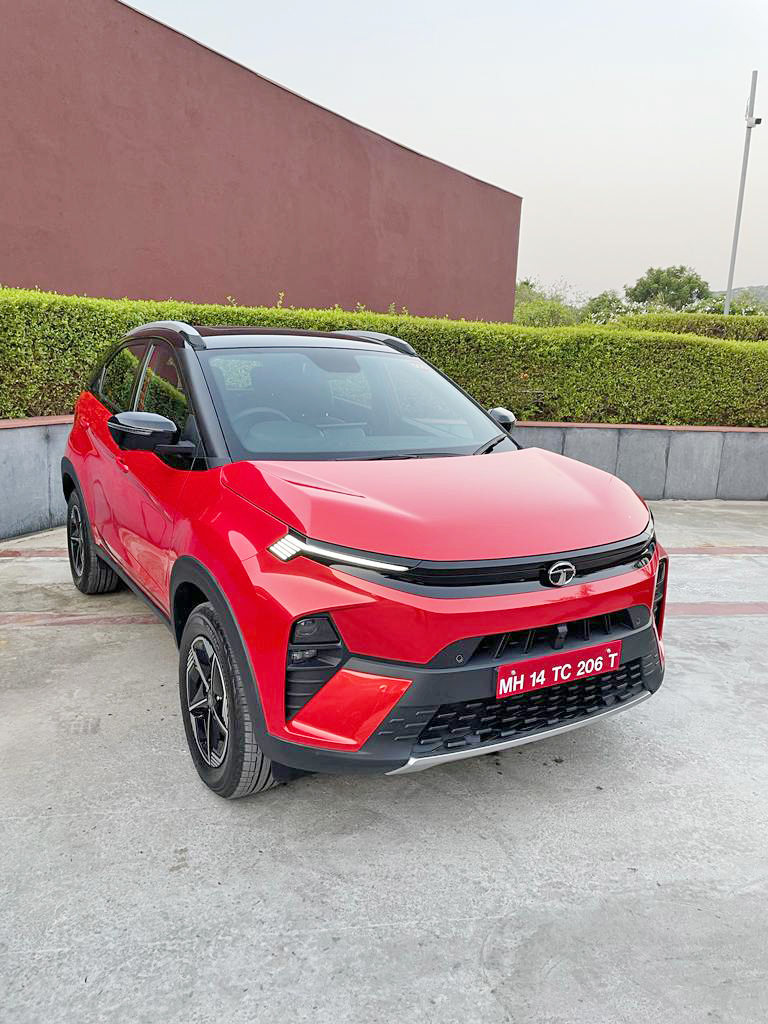A batch of Lada X-Cross 5 has already been assembled, but many questions remain
According to Gazeta.Ru, the Lada X-Cross 5 crossover assembly project may still be closed. The reason is that AvtoVAZ is subject to US and EU sanctions, which may interfere with its cooperation with the Chinese concern FAW.
Experts interviewed by the publication believe that organizing the production of finished Chinese cars at AvtoVAZ in such conditions is a much more difficult task than purchasing individual components and assemblies from China.
“When AvtoVAZ was just starting to negotiate with Chinese concerns about loading its new sites, there was one situation. And then, a few months later, AvtoVAZ itself came under sanctions, and this could not but play a significant role in relations with Chinese partners,” said Sergei Tsyganov, author of the Russian Automobile Telegram channel.
“The topic is very sensitive for AvtoVAZ.” Lada may be left without a crossover

He also stated that this is “a very sensitive topic for AvtoVAZ.” Now the plant will have to get out of the situation from an image and economic point of view. At the same time, at least one “commodity” batch of Lada X-Cross 5 crossovers has already been assembled.
“What should we do with these cars, what brand should we sell them under? If it’s like Lada, then how can you give a guarantee without the support of the manufacturer? Is it possible to somehow “catch” it while maintaining relations with FAW and without incurring catastrophic losses? There are a lot of questions there,” says Sergei Tsyganov.
Independent automotive industry consultant Sergei Burgazliev added that FAW and other Chinese companies that cooperate with the West are afraid of sanctions.
“FAW is one of the largest Chinese automakers, and its sphere of interests includes all of Southeast Asia, including Malaysia, Indonesia, Vietnam, and other countries where the US political position is strong. No one will risk total sales in this region because of the Russian market,” said Sergey Burgazliev.




